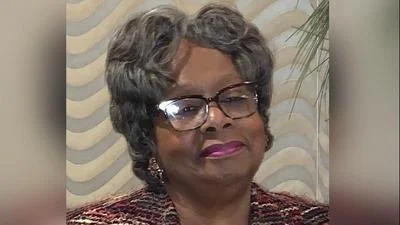IL Muslim Civic Coalition operations director Deena Habbal | ilmuslimciviccoalition.org
IL Muslim Civic Coalition operations director Deena Habbal | ilmuslimciviccoalition.org
IL Muslim Civic Coalition operations director Deena Habbal wants to see the state’s map redistricting process play out the way she believes it was meant to.
“We are a coalition of over a 150 partners and all races, ethnicities, classes, faces and backgrounds,” Habbal told lawmakers during a recent Senate Redistricting Committee hearing. “Our focus is ensuring that decisions that are made for us are made with us.”
With all the hearings now taking place to mark the once-every-decade map redistricting now taking place, Habbal is urging transparency and inclusion in the process.
“With these meetings, the coalition recommends that legislators make sure Census Bureau data supports redistricting and that the process is clear,” she added. “We have communities that did not exist in 2010 and we have others that were never vocal about their needs. The first thing you want to share is that Muslim communities across the nation are some of the most diverse groups. We are not a religious organization but we do want to highlight that race, class and ethnicity all connect us. You consider these as critical aspects of our community while doing the redistricting process.”
With the U.S. Census Bureau recently announcing that data typically supplied by the government as part of the decision-making process won’t be available before a June 30 deadline, the situation is as tense as it’s ever been.
Republican lawmakers are now pushing for the passage of the Independent Maps Act, which they tout as a fairer and more just system for map drawing based on lawmakers being totally removed from the process. Instead, the measure would give the state Supreme Court the power to appoint a 16-member independent commission to head the redistricting process.
Ordinarily, the job of map drawing is left in the hands of the party in control.
“We’re working on the ground in different communities to help us create these maps because we believe they know their communities and they are best at helping us with all these little pockets,” Habbal added.



 Alerts Sign-up
Alerts Sign-up